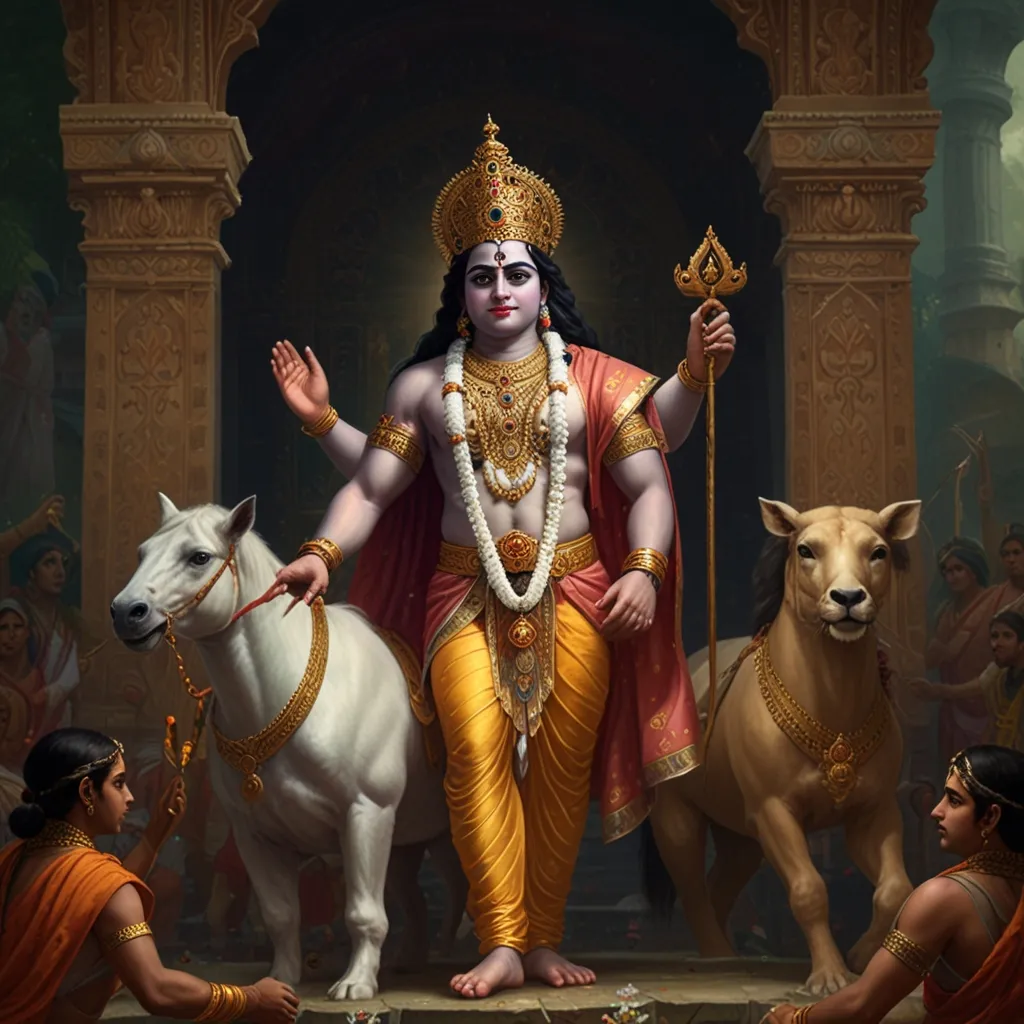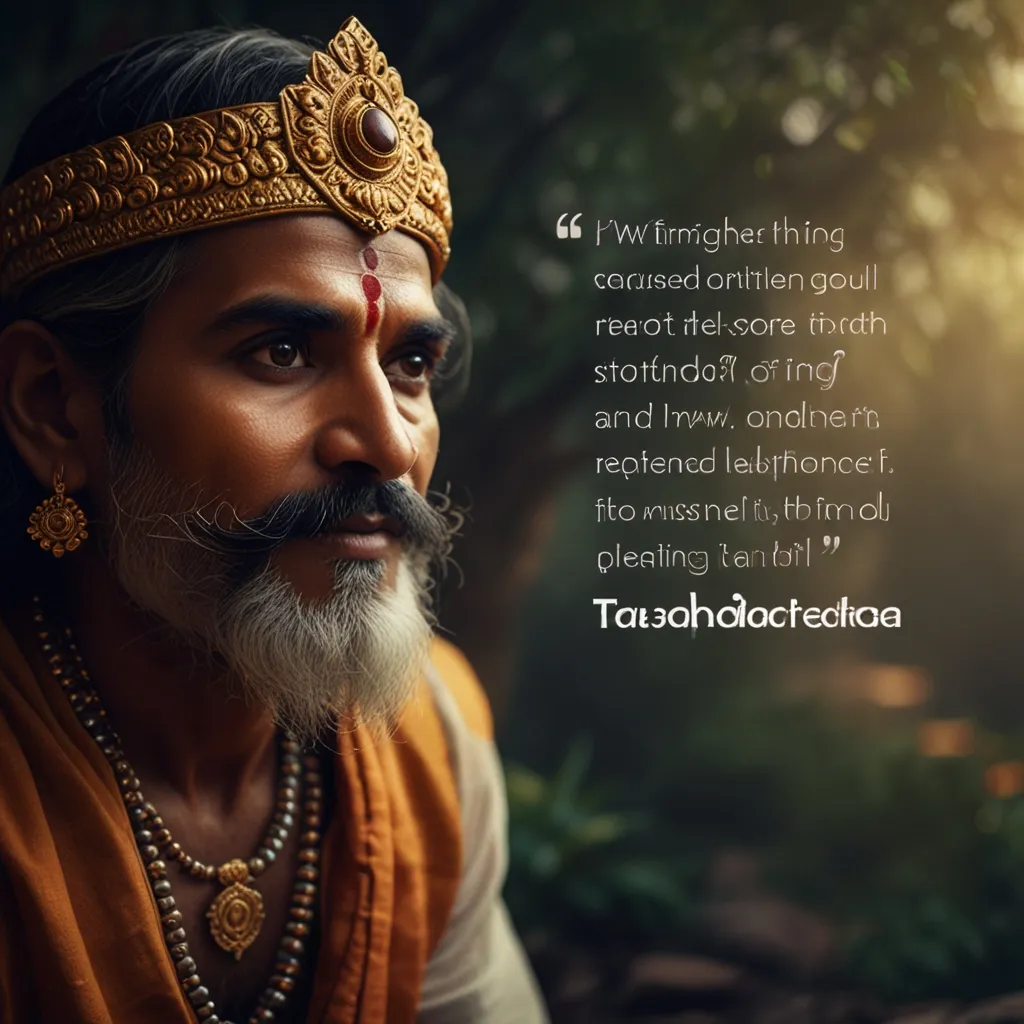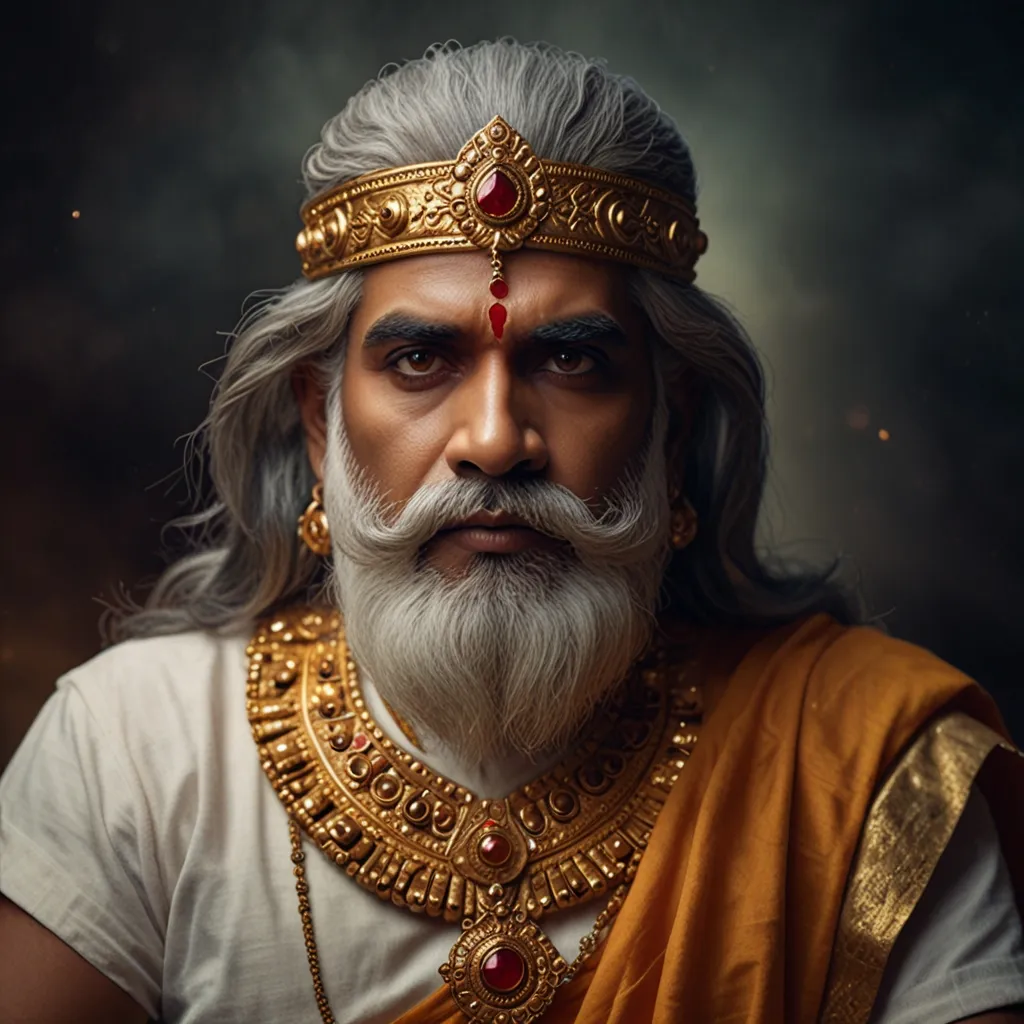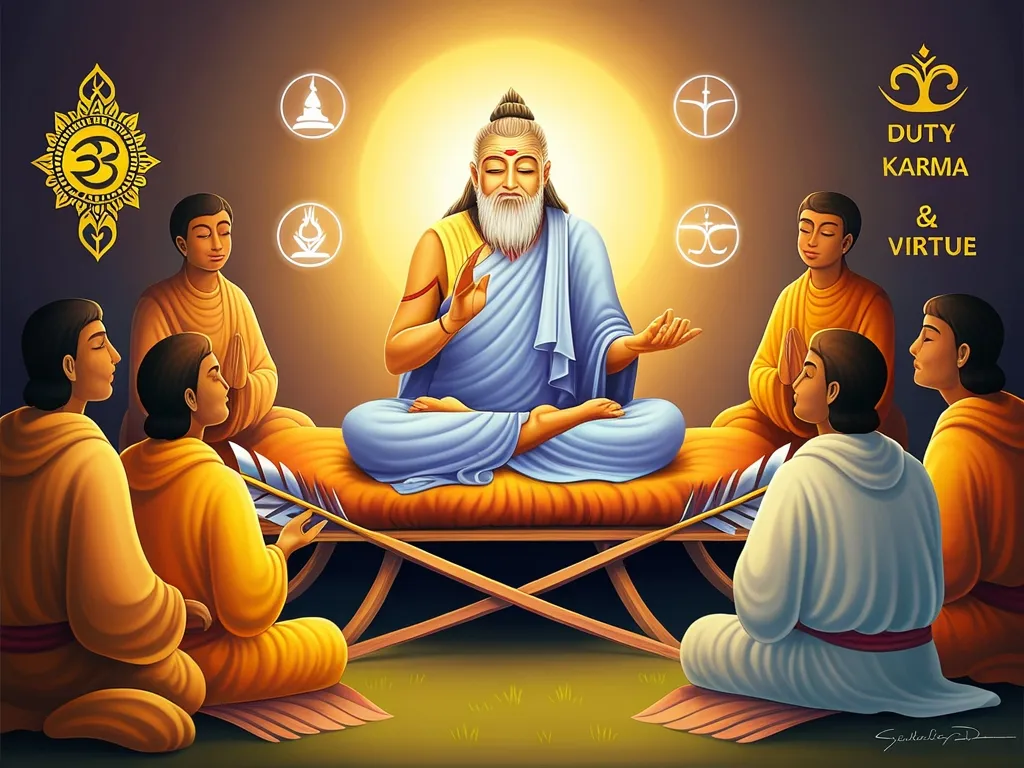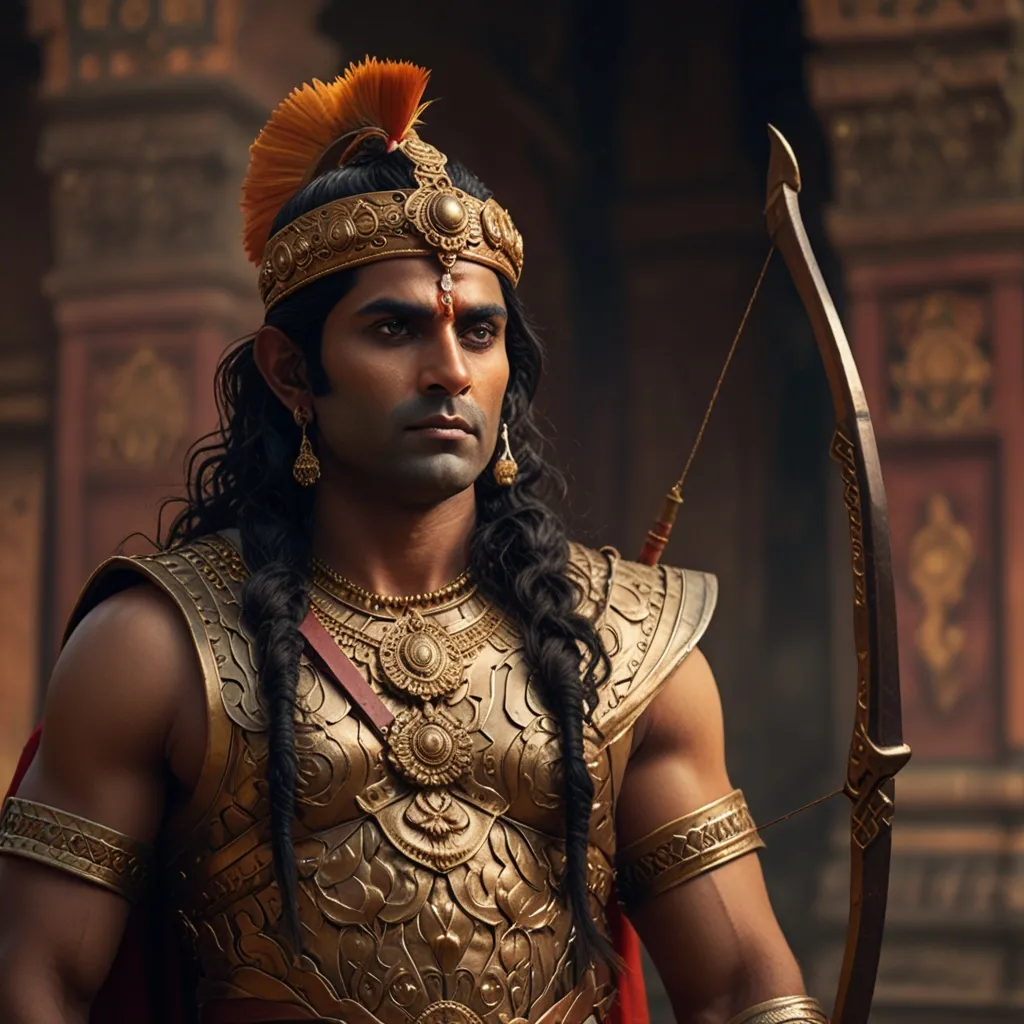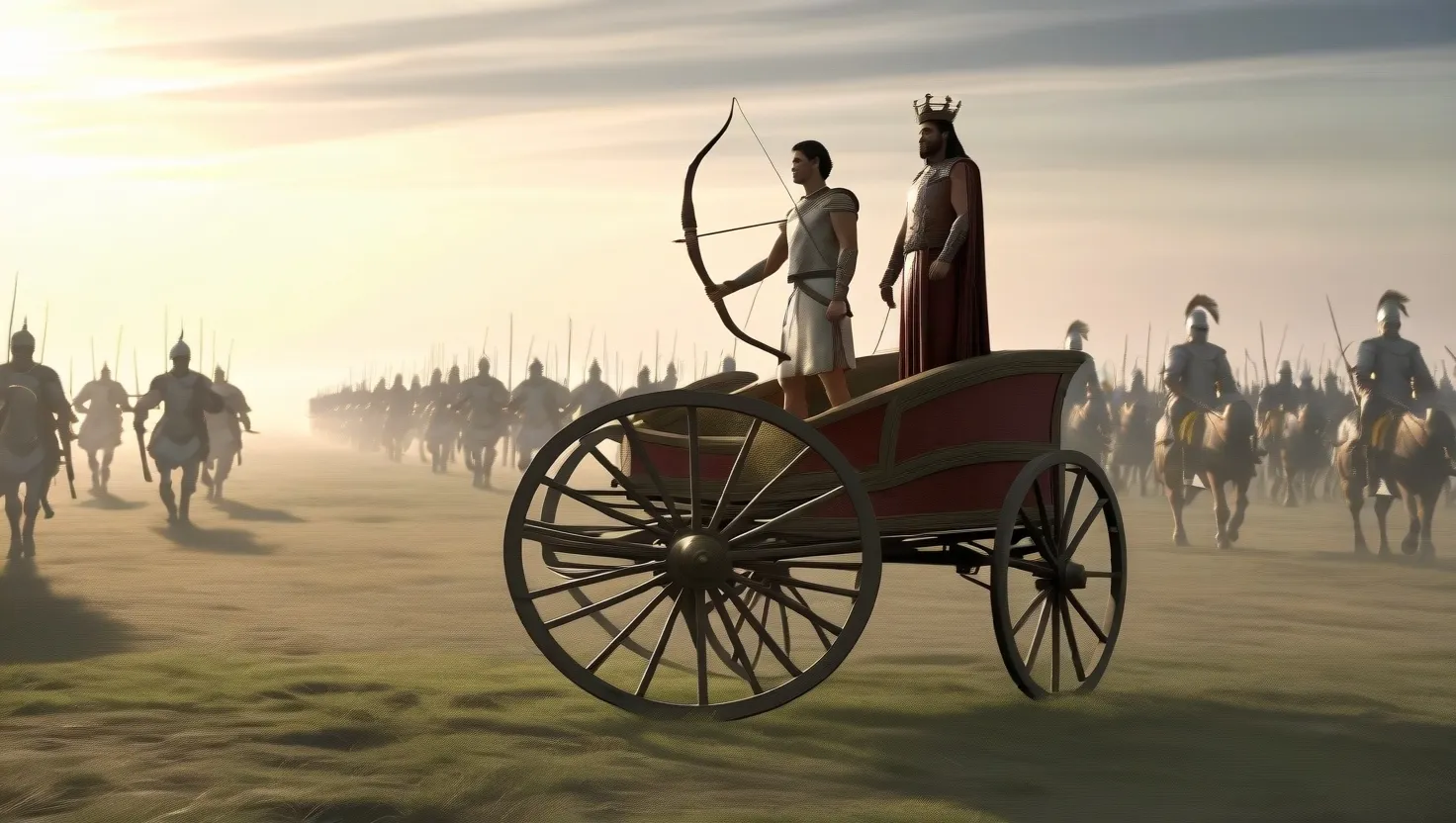Alright, let me take you on a whirlwind tour of one of the most intriguing stories from the Mahabharata—Shishupala’s epic saga and his fatal encounter with Lord Krishna. This tale is like an age-old thriller that delves into the quirks of human nature and divine justice in a way that leaves you pondering long after the story ends.
Picture this: Shishupala makes his grand entrance into the world in the Chedi kingdom, born to King Damaghosha and Queen Srutashrava. But this wasn’t your typical baby boy. He had four arms and three eyes, which understandably freaked out his family and pretty much everyone around. They were ready to abandon him, but a heavenly voice chimed in, telling them to chill and not fear the child. The prophecy was bold—Shishupala would grow up to be super strong and powerful, and his extra limbs would vanish when he sat on the lap of the person fated to kill him.
Enter Krishna, the divine hero of our story. To test this wild prediction, Shishupala’s parents organized a gathering where they invited all the local kings and relatives to hold their peculiar child. When Krishna took Shishupala in his arms, poof, the extra limbs and eye disappeared. This was a clear sign: Krishna was destined to be his doom. Yet, showing his compassionate side, Krishna vowed to his aunt Srutashrava that he’d forgive Shishupala for a hundred offenses before taking action against him.
As time passed, Shishupala’s hatred for Krishna festered and grew. It didn’t help that Rukmini, whom Shishupala wanted to marry, chose to elope with Krishna instead. Talk about pouring salt in the wound.
Fast forward a few years, and Shishupala is now king of Chedi. Meanwhile, Yudhishthira, the eldest of the Pandavas, decides to throw the Rajasuya Yagna, a massive ceremonial event to show off his supreme power. Picture a grand party with all the kings of Aryavarta on the guest list, including our king Shishupala and the infamous Duryodhana.
The ceremony was decked out with rituals and gods’ offerings. But Shishupala wasn’t having it. He was especially riled up by the respect Krishna received as a guest of honor. In his eyes, Krishna was just a cowherd, totally unworthy of such praise. Shishupala didn’t hold back; he hurled insults at Krishna, questioning his divine status and even dissing Bhishma, the legendary elder of the Kurus.
Krishna, true to his promise, kept his cool despite the torrent of insults. But when Shishupala crossed the line by badmouthing Draupadi, Krishna’s patience hit its limit. Draupadi was a dear friend and Pandavas’ queen, and Krishna couldn’t let that slide. In a heartbeat, Krishna unleashed his Sudarshan Chakra—the divine discus—and that was the end of Shishupala. With a swift slice, Shishupala’s head was off.
But Shishupala’s death wasn’t just a flashy move; it was the fulfilling of a divine prophecy. His soul was freed from the endless cycle of reincarnation, finding peace by merging into Krishna’s being. This epic moment was a significant milestone in the Mahabharata, offering powerful themes of fate, justice, and the eventual triumph of righteousness.
The story of Shishupala is a potent reminder that our deeds are like boomerangs; they come back in some form or another. Divine justice, as the tale suggests, always catches up. Humility and respect towards those revered for their virtues are essential. Shishupala’s story, woven into the grand epic of the Mahabharata, captures the eternal struggle between good and evil, the human condition, and the purposive paths of destiny.
Imagine being engulfed in a story where every character’s fate is intertwined, their actions are steeped in complex webs of destiny, and the battle lines between virtue and vice are vividly drawn. That’s the heart of Shishupala’s tale. It stays with you, simmering and lingering, making you think about the forces that govern our lives and how, in the grander scheme, justice and righteousness ultimately prevail.
When you flip through the pages of the Mahabharata, stories like Shishupala’s leap out, offering not just entertainment but a moral compass pointing to the timeless truths of life. So, the next time you think about great tales or life’s bigger questions, remember Shishupala, Krishna, and the celestial justice that ties it all together.
